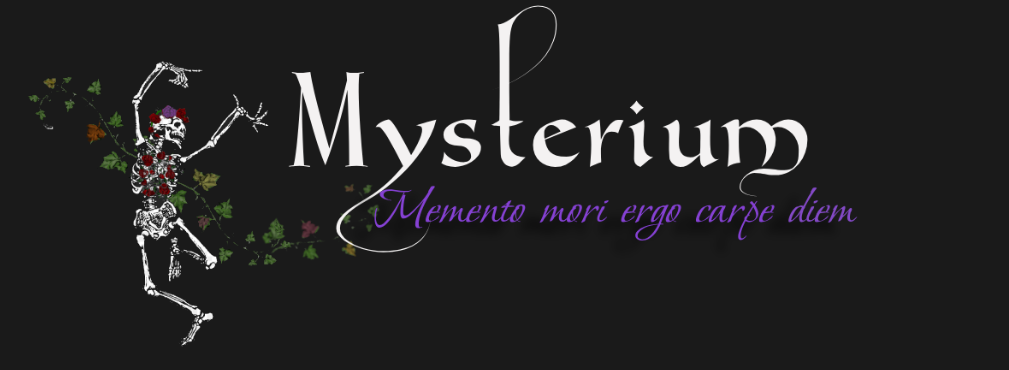B. David Zarley writes for Freethink on the subject of psychedelic therapies for dying people:
“Existential distress” of the kind faced by people at the end of their lives is not a mental health disorder you’ll find in the DSM-V, points out Paul Thielking, a board certified doctor in palliative and hospice medicine and the chief science officer of psychedelic-assisted therapy clinic Numinus.
Current therapies for major depressive disorder, generalized anxiety, and PTSD are “not necessarily transferable to the kinds of suffering that people approaching the very end of life may have,” Fairman says.
While evidence shows some working for end of life patients — and it’s important to make those available, Fairman says — current medications just don’t seem designed for the job.
There are practical, pharmacological concerns: some side effects of common psychiatric drugs may make them more trouble than they are worth. And then there is the efficacy — it can take multiple attempts at figuring out what antidepressant is effective, for example, and each drug can take weeks to build up to a therapeutic dose.
Simply put, there may not be enough time.
Fast-acting, with generally few long-term side effects and a penchant for eliciting existential and spiritual experiences in their users, psychedelic compounds — combined with therapy before and after their use — may be uniquely suited to helping end of life patients.
